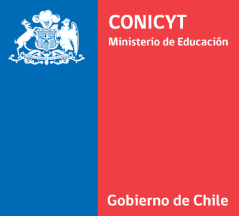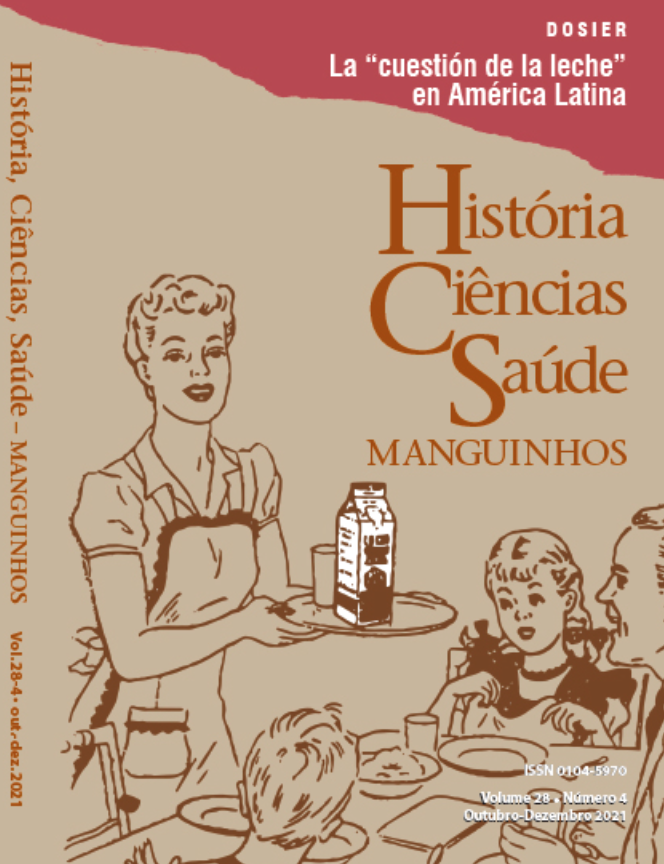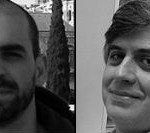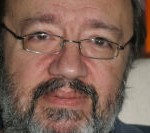27/05/2024

Eleonora Cresto received her Ph.D. in philosophy from Columbia University, New York, in 2006. She is currently a Philosophy Professor at Universidad Torcuato Di Tella and Universidad Nacional de Tres de Febrero in Buenos Aires, Argentina. She is also a Permanent Researcher at the CONICET (the Argentine Council for Scientific Research). Since 2016, she has been an Associate Editor of the prestigious journal Erkenntnis.
In exploring the interaction between history and the philosophy of science, we recently had the privilege of publishing an interview with historian Michael A. Osborne, former President of the Division of History of Science and Technology (DHST). Now, we continue this conversation with philosopher Eleonora Cresto, a prominent scholar in this field.
Cresto is the Secretary General of the Division of Logic, Methodology, and Philosophy of Science and Technology (DLMPST) and a member of the Council of the International Union of History and Philosophy of Science and Technology (IUHPST). She is also vice president of SADAF, the Argentine Society for Philosophical Analysis, a private nonprofit organization promoting philosophical research within a pluralistic academic environment.
In this interview, Eleonora Cresto provides an overview of the philosophy of science studies in Argentina. She shares how her work provides a dialogue between philosophy and the history of science and offers her thoughts on the potential for further interaction between these two disciplines.
Please give us a current overview of the philosophy of science studies in your country. Is there integration between philosophers and historians of science in Argentina?
Philosophy of Science is part of the core curriculum of philosophy studies at various universities in Argentina, most importantly at University of Buenos Aires, National University of Córdoba, and National University of La Plata, with active research groups also at National University of Quilmes and Litoral National University. These days, following international trends, its practice is rather segmented into the philosophy of particular topics and disciplines.
There are robust research groups in the philosophy of physics, chemistry, biology, and the social sciences, among others. History of Science is also taught at Philosophy Departments, for the most part. Several programs in philosophy (especially in Buenos Aires and Córdoba) have regular undergraduate and graduate courses in the history of science, and, in the last decades, a graduate program in History and Philosophy of Science was launched at National University of Tres de Febrero. There are also internationally renowned research groups in the history of astronomy with strong philosophy ties. In any case, I would say that, although the history of science had a promising start in the country during the first part of the twentieth century (with Aldo Mieli, José Babini, and others), at present it is not a thriving research area – very unlike its philosophical counterpart. There is definitely room for improvement; in particular, we could seek to develop better coordinated joint programs with History departments.
Could you describe a recent publication of yours with some historical dimension?
Although most of my work deals with topics in formal epistemology, I’ve also devoted some time to examine a number of events in the history of science.
I’ve been interested in the emergency of molecular biology since the days of my doctoral dissertation, especially in Osward Avery’s experiments in the 1940s [“In Search of the Best Explanation about the Nature of the Gene” Studies in History and Philosophy of Biological and Biomedical Sciences, 39 (1): 65-79, 2008; “How DNA Became an Important Molecule: Controversies at the Origins of Molecular Biology”, in O. Nudler (ed.) Controversy Spaces. Amsterdam, John Benjamin Publishing Company, 2011, pp. 135-162.]. A podcast featuring a follow-up of this research on the work of Harriet Ephrussi-Taylor & Rollin Hotchkiss was recorded last year at the Consortium for History of Science, Technology, and Medicine [The DNA Papers, episode #10]. In these papers, I develop a decision-theoretic model of inference to the best explanation and show why, in light of previous commitments and backgrounds, it was rational for different parties to arrive at different conclusions and, hence, to disagree rationally.
In past years I’ve also undertaken a historically informed defense of confirmational holism [“Confirmational Holism and Theory Choice: Arrow meets Duhem” (with D. Tajer). Mind 129: 71-111, 2019; also “Confirmational Holism and the Amalgamation of Evidence” (with M. del Corral, D. Tajer, A. Cassini and J.Nascimbene), in M. Massimi, JW. Romeijn and G. Shurtz (eds.), Recent Developments in the Philosophy of Science, Springer, 2016, pp. 273-284]. In our joint research we examine recent arguments to the effect that Arrow’s theorem makes the amalgamation of the evidence impossible. We argue that, in typical cases, Arrow’s result is blocked, because the evidence actually confirms (or disconfirms) complex conjunctions that include various auxiliary hypotheses. Confirmational holism induces us to restrict the domain of a reasonable amalgamation function, thus violating one of Arrow’s conditions. The upshot is that we are now able to see Duhem problem under a positive light. We provide careful illustrations from both the social and the natural sciences; in particular, we analyze the Wason Selection Task, in the social sciences, and Hershey and Chase’s 1952 experiment on the nature of DNA, in the natural sciences.
How can philosophers and historians of science interact more?
I’m better acquainted with the methods and modus operandi of philosophers, so let me take as a starting point a philosopher’s perspective. Early career philosophers engaged in philosophy of biology, or quantum mechanics, or economy, to give a few examples, are naturally curious and inclined to seek the aid of historians of such disciplines and subdisciplines. However, in my experience it is not always easy for them to find opportunities for lively interaction with trained historians (as opposed to interaction with yet other philosophers with a historical bent).
Joint meetings between historians and philosophers could prove useful in this respect. It might be wise to start small, I think. I believe the interest of both philosophers and historians in need of each other’s help would be best served if the events are created bottom up. Organizations such as DLMPST and DHST may ease things, for example, by providing a platform where research groups in one area can find counterparts in the other.
Related articles:
History and Philosophy of Science: An Interview with Michael Osborne In this interview with HCS-Manguinhos, Michael A. Osborne, former President of the Division of History of Science and Technology for the period 2017-2021, explains the crucial interaction between philosophy and history of science and how this can be improved.








